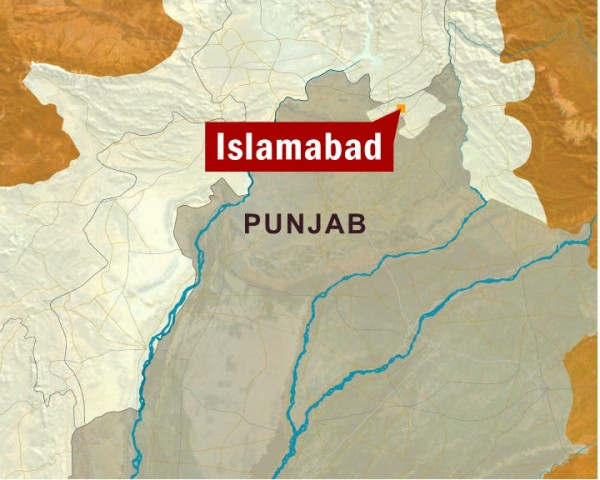Govt’s internship project benefits 33,000

The NIP management said it was able to accommodate more than the targeted number of fresh graduates because of the lukewarm response of enrolled candidates at the beginning and the participants who dropped out of the programme during the year. This allowed more applicants to join half way through, thus raising the number of applicants.
The programme’s original target was 30,000 individuals but at the start, only 26,000 applied for the project. Moreover, 2,500 others left the programme at some point or the other, creating financial space to accommodate more candidates.
“We managed to enroll about 33,000 fresh graduates…which is more than the initial target figure,” said Muntazir Khan, Director-General of the National Internship Programme.
“However, it will be very difficult to determine the exact figure of beneficiaries because the process for keeping a check on applicants is not efficient,” added Khan.
He said: “Only a few of those who apply stay on till the end of the programme. There are some who do not take the internship seriously and consider it as a government charity. Some candidates resign because they are not interested in the work.”
The NIP is not expecting a significant increase in its allocation in the upcoming budget.
“We can facilitate 50,000 internships with a budget ranging between Rs3.6 and Rs4.6 billion,” Khan said. “Even with a three to four per cent increase in population, this amount is sufficient to train enough youths to meet the country’s needs.”
Referring to the problem of maintaining a record of beneficiaries, Khan said: “This is because of weak monitoring and a lack of staff…We can only maintain rough estimates of beneficiaries which are provided by provincial governments. Exact figures cannot be maintained.”
The director-general cited the sluggishness of the selection process, which was based on an online database. “It is really slow…This is also one of the reasons why people dropout of the programme”.
“By law, only the HEC can specify candidates. But they take a very long time to verify credentials. The process takes about five to six months. If it is systemised, it will take just two months,” said Khan. “Database needs to be correct and complete.”
Sohaila Mushtaq, senior joint secretary at the Ministry of Youth Affairs, said that the reason for the programme for not being efficient “is because the NIP was previously overseen by the Establishment Division. It has only recently been transferred to the Ministry of Youth Affairs”.
“There are various issues faced by the ministry in terms of administration and organisation. A separate department is attached to the ministry that has a directorate-general specifically dealing with the NIP.”
“NIP documentation was not transferred to the Ministry of Youth Affairs. Initially, the mechanism for providing financial assistance was not streamlined. It has developed over time and is allocated to all the provinces.”
Referring to the dropouts, Sohaila said: “The interns are getting Rs10,000 and a government service job. But this is not enough to keep them interested in the programme. They are still opting to drop out. However, the ministry has so far not been able to do so. It is also possible that the slow selection process makes interns drop out. The strict selection criteria may also be a factor, but we have to be sure about the candidates’ degrees, their ages. There are several qualification issues we have to be sure about. The process may be troublesome for a few.”
NIP is a country-wide project. It requires a 16-year education degree and 25 years of age. There are other programmes specially designed for provinces like Balochistan: Here an applicant needs a 14-year education certificate and can be 28 years of age. Malakand also consists of a special programme for internally-displaced people where the candidate needs to be a graduate and 28 years of age. For rural Sindh, 16 years of education and 28 years of age is the criteria.
Published in the Express Tribune, June 2nd, 2010.



















COMMENTS
Comments are moderated and generally will be posted if they are on-topic and not abusive.
For more information, please see our Comments FAQ